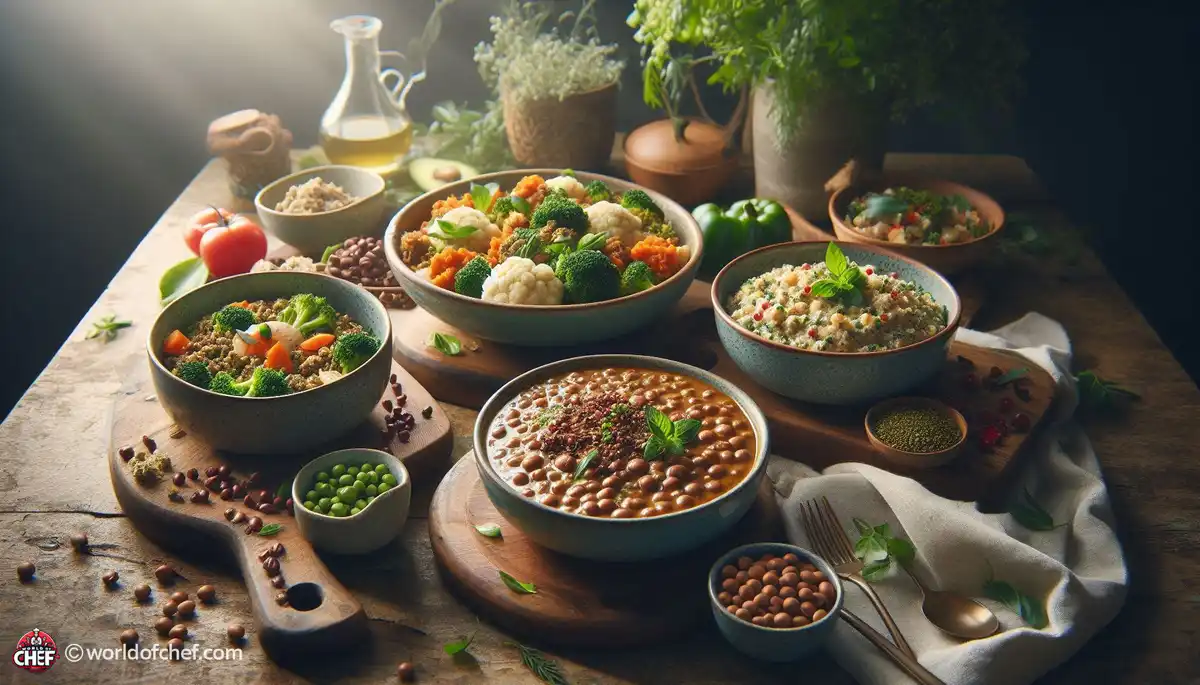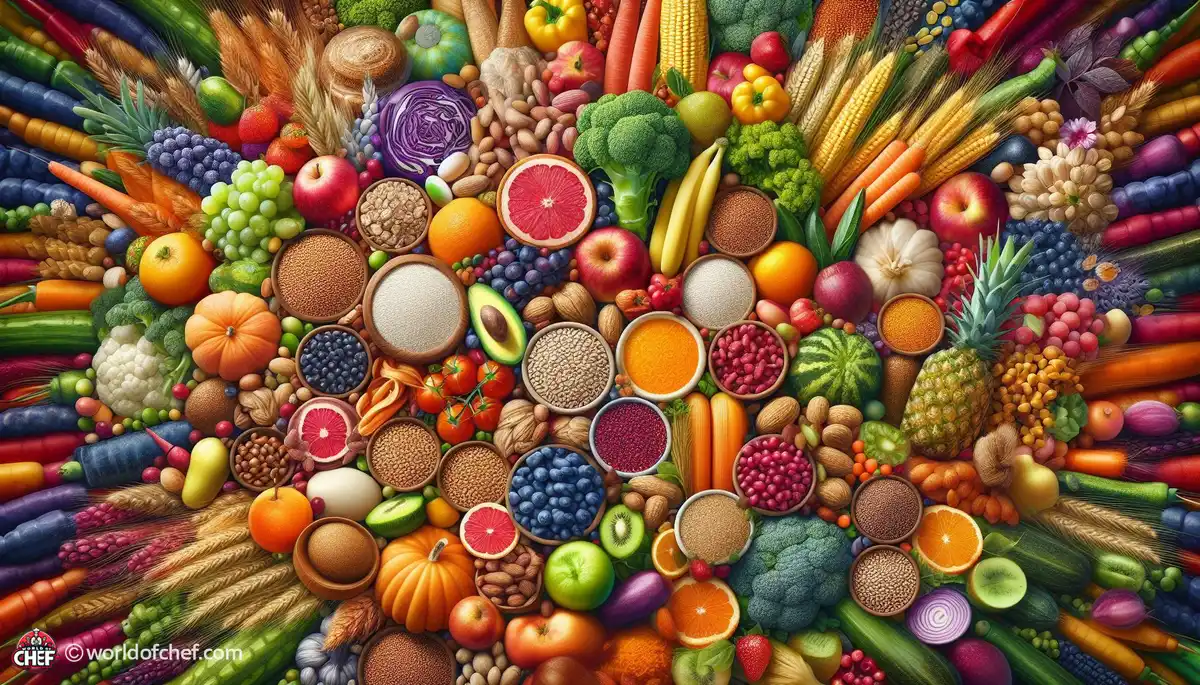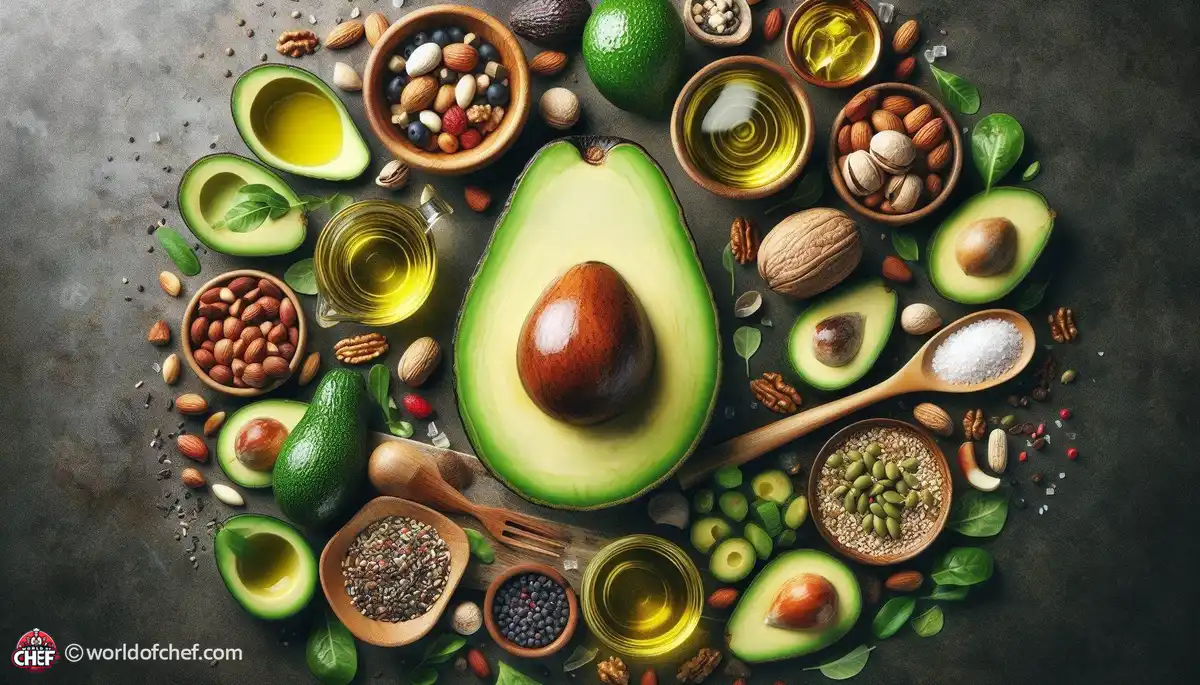
Dinner Delights: High-Fiber Recipes for Every Palate
Clarence Guido - Oct 7, 2024 - 7 min read


Fiber is a type of carbohydrate not broken and absorbed into the body through other nutrients, but which pass relatively intact through the stomach, intestine, and colon, and have an effect of helping digest other nutrients as they pass along. It is a largely ignored nutrient when talking about nutrition, and yet fiber is considered essential in virtually all diets.
There are two major types of fiber: soluble and insoluble. Soluble fiber dissolves in water, forming a gel-like substance that can help to lower blood cholesterol and glucose levels. Insoluble fiber, on the other hand, does not dissolve in water and adds bulk to the stool, which helps to maintain bowel regularity and prevent constipation. Both types of fiber are important for maintaining optimal health.
In so far as fiber does not receive the same amount of attention as most other nutrients, its relevance to your overall health cannot be avoided. A diet rich in fiber has been associated with a wide range of benefits, from improved digestion and reduced risk of heart diseases, diabetes, and many cancers. Adding high-fiber foods to your diet can have strong, widespread effects on your health.
Fortunately, you can get fiber from a long list of different plant foods. Fruits, vegetables, whole grains, legumes, nuts, and seeds are high in dietary fiber. This means making all these a part of your diet or snack items is an easy way of getting enough of the fibers to benefit you.
One of the most popular benefits of fiber is maintaining regularity and preventing constipation. The insoluble fiber helps add bulk to the stool, making it easier for the digestive tract to pass through. This helps prevent constipation and ensures that waste is removed from the body in a timely manner, reducing the risk of digestive discomfort and bloating.
Diverticulosis is the formation of small pouches in the walls of the colon. The development of these pouches or diverticula may get inflamed or infected leading to a condition known as diverticulitis. Happily, a diet full of fiber can help avert diverticulosis as it keeps the stool soft and reduces pressure exerted on the colon wall and hence reduces the development of pouches.
The gut microbiota hosts trillions of bacteria living in the digestive tract and has an extremely important role in the overall health of an individual. Fiber acts as a prebiotic, feeds the good bacteria of the gut, hence keeping up the balance of the gut microbiota. The fiber feeding of good bacteria assists in supporting the immune system, enhances the nutrient uptake, and also helps reduce inflammation in the body.
IBS is one of the most common digestive disorders. Symptoms include abdominal pain, bloating, and changes in bowel habits. Even though the exact cause of IBS is unknown, dietary factors such as Fiber Intake play a significant role in symptom management. In fact, for many individuals suffering from IBS, increased fiber intake, especially soluble fiber, helps alleviate symptoms and improves overall digestive health.
One of the underrated advantages of fiber is it helps you feel full. Foods rich in fiber have a slower digestion rate that leaves you feeling satisfied; this minimizes the consumption of excessive calories. Supplementing your diet with meals and snacks containing fiber foods can curb your cravings to avoid unnecessary snacking on foods that may hinder the accomplishment of your weight-loss objectives.
Fiber-rich foods are very low in calories and high in volume, compared to processed foods. You can eat a lot because you are essentially choosing fiber-rich foods such as fruits, vegetables, and whole grains. You, therefore, tend to take in fewer calories while consuming large portions, and this contributes to weight loss without leaving you feeling deprived or hungry.
Stable blood sugar levels make a person stable and lean and healthy. The ingestion of sugar in the meal takes time to get assimilated into the blood when one consumes foods that include high fiber content. Stable blood sugar levels are ensured thus no spikes or crashes at all. By regulating its level, one reduces high-calorie and sugary food cravings and, by default, achieves healthy living and, in the long term, maintains a healthy weight.
Apart from its role in regulating appetite and blood sugar, fiber can also play a role in improving fat metabolism. There are studies suggesting that soluble fiber is effective in preventing the absorption of dietary fat, thus enhancing the excretion of fat and aiding in weight loss. Include intake of dietary fiber content through food items that further may increase the body's efficiency to burn fat, thereby helping you to gain your goal.

Clarence Guido - Oct 7, 2024 - 7 min read

Lydia Timmerman - Oct 6, 2024 - 6 min read

Logan Trowbridge - Oct 6, 2024 - 7 min read

Wayne Tobar - Oct 4, 2024 - 8 min read